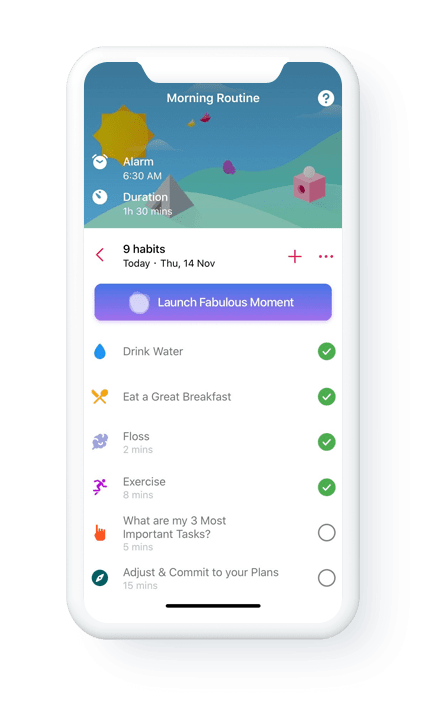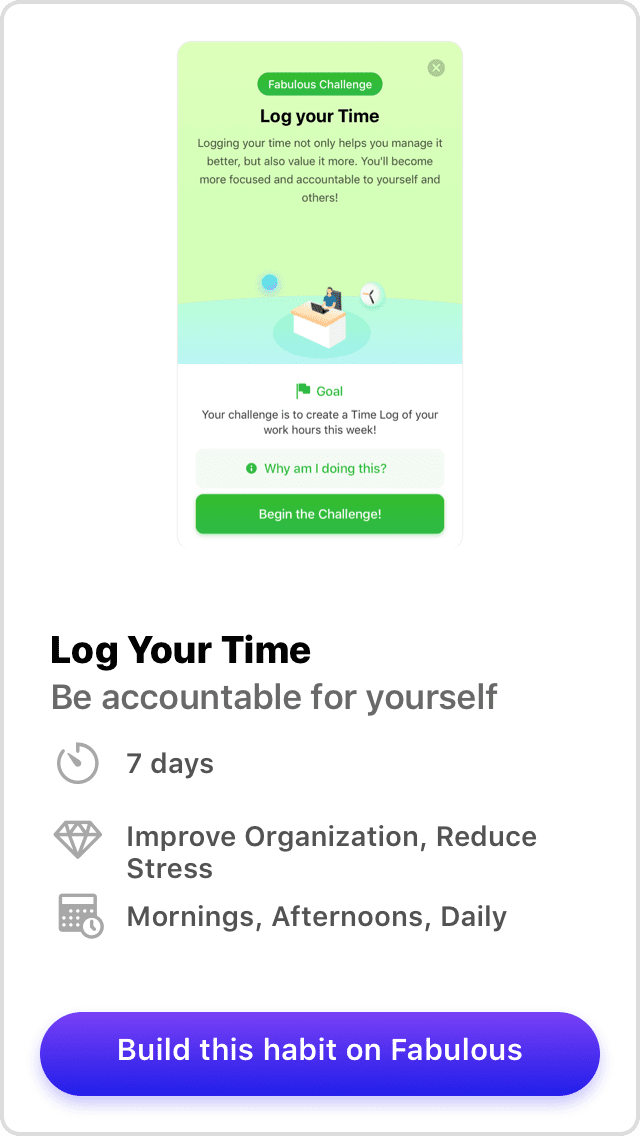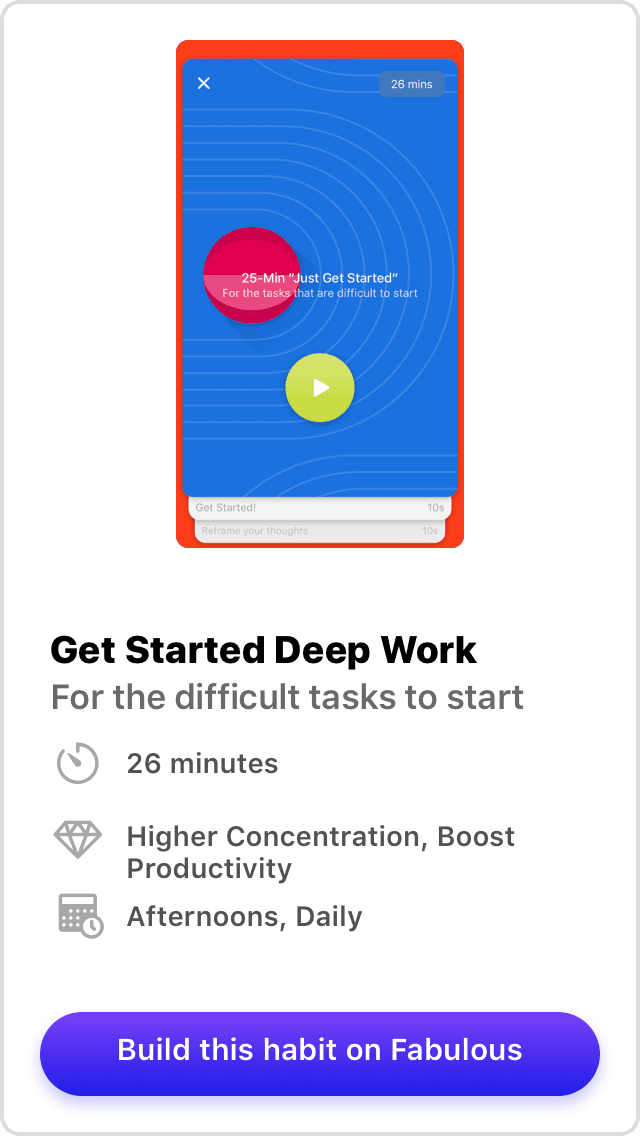In 2015, Gretchen Rubin, lawyer-turned-researcher, published a book called Better Than Before. In it, she outlined four personality types that arise when asked the question, “How do I react to expectations?”
These four types, or tendencies as she called them, would become so popular that Rubin would expand upon them in another book two years later, The Four Tendencies.
According to Rubin, we all face two kinds of expectations: Outer expectations, like school or work deadlines and family obligations, and inner expectations, like New Year’s resolutions or starting a new healthy habit. Furthermore, for each of these expectations, we react one of two ways, by either meeting or resisting them.
Knowing your tendency can make it easier for you to set goals you’ll actually accomplish. You’ll learn how you approach problems while being better able to prioritize your wants and needs.
If you need that extra push to help you get more organized, try the Fabulous Log Your Time challenge. By the end of the week, you’ll learn to manage your time more effectively so you can be the ultimate master prioritizer.
So, what are these four tendencies, and how can you use your tendency to your advantage?
Upholders
- Meet outer expectations
- Meet inner expectations
Upholders meet the expectations set by themselves and other people. They plan the work and work the plan and rarely need nagged to accomplish tasks. Upholders are organized, self-directed, and can make up their own minds.
While this kind of go get ‘em attitude is a major asset, Upholders should watch their workload. Upholders can be rigid, which can be troubling in a world where flexibility is becoming more and more important. They also have a hard time delegating, which can leave them bogged down by the little things and impede their success. For Upholders, simplicity is key.
Questioners
- Resist outer expectations
- Meet inner expectations
Questioners can meet their own expectations but tend to resist the expectations of others. Put simply, they have a hard time accomplishing tasks if they don’t make sense to them. Whereas an Upholder will just put their nose to the grindstone and work, Questioners will—predictably—ask questions.
Not only can constant questioning annoy others, the need to understand all sides of a situation before making a choice can lead to an inability to decide at all, something Rubin calls “Analysis Paralysis.” Success for Questioners lies in self-enforced limitations on the amount of research they seek out. A pretty good decision, Rubin notes, is better than no decision at all.
Obligers
- Meet outer expectations
- Resist inner expectations
Obligers make up the largest percentage of people who’ve taken Rubin’s Four Tendencies Quiz. Obligers are the pure opposite of Questioners: They can meet external expectations but fail to meet their own. We tend to think of Obligers as people-pleasers. They put others’ needs before their own, sometimes at the expense of their own wellness.
Obligers are most at risk for burn-out, Rubin warns, and if other people don’t step up and advocate for an Obligers’ needs, they can begin taking their frustrations out in small acts of defiance. Rubin calls this “Obliger Rebellion.” An external accountability network is vital to an Obliger’s success. If you’re looking for an accountability buddy, we happen to know of a certain app that can help. 😉
Rebels
- Resist outer expectations
- Resist inner expectations
Rebels resist all expectations and have one focus and one focus only: Doing what they want to do. If a Rebel doesn’t want to do something, they won’t budge, and you can’t make them!
While it might sound like Rebels are stubborn, lazy vagabonds, this couldn’t be further from the truth. Where Rebels might fall short on adhering to rules or deadlines, their creativity and ability to think outside the box are unmatched. And, once a Rebel finds something they do want to do, they unleash a laser-like focus and work with gusto. To succeed, Rebels need to remind themselves that they’re in control of their lives. Whatever they’re doing, they need to feel like they chose to do it.
What All This Means
Each of the four tendencies has its own ways of effectively approaching problems. Once you find the tendency that best describes you, you can use this knowledge to accomplish goals in a way that makes sense for you. For example, Obligers might find Fabulous’s Deep Work timers effective when it’s time to get things done. You can test this out right now with a Just Get Started deep work session.
An Upholder, who struggles to prioritize, can add the “What Are My Three Most Important Tasks” habit to their daily planning session.
And finally, don’t despair if you’re not the tendency you want to be. All four tendencies have their advantages and disadvantages and the world would be an awfully bleak place if we were all the same.






